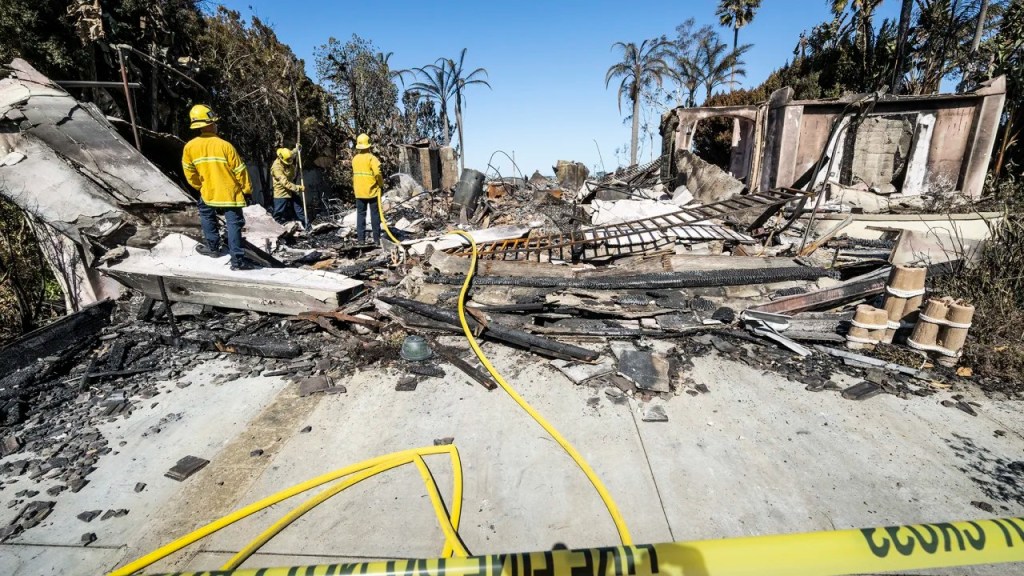By Anna Bahney | CNN
Washington, DC — When Michael Monaghan, a real estate agent with Coldwell Banker Sellers Realty in northern California, got an offer for a home in Bayside at the seller’s $650,000 list price in September, he told the buyer’s agent that the buyer needed to start looking for insurance immediately.
“I said, ‘Start working on this on day one,’” Monaghan said. “Getting insurance is the most important thing right now when you’re in escrow for the deal to close.”
In the past, acquiring homeowners’ insurance didn’t present buyers much difficulty, but as climate change increases the frequency and severity of extreme weather, insurers — especially those in areas most impacted by floods and fires — are raising their premiums, or pulling out altogether, impacting the affordability and availability of home and fire insurance.
For example, in May, State Farm, the largest home insurer in the state, announced it would pause issuing policies in California, citing wildfire risks. That came after Allstate stopped issuing policies in the state. Farmers Insurance deemed it too risky to continue insuring homes in Florida and pulled out of the market there entirely.
“With many carriers pulling out, that leaves other companies underwriting these really expensive policies,” said Monaghan. “Policies that cost $10,000 for a year? That is impossible for some buyers who have to pay that all at once [along] with their closing costs.”
RELATED: Five years after California’s historic Camp Fire killed 85, Paradise moves ahead with a goal to build a fireproof town
To help a deal close, Monaghan said some motivated sellers have given two years’ worth of insurance costs to the buyer.
But even if a buyer can pay their insurance costs up front (or even has them paid by the seller), buyers still have backed out of deals, worried that their insurance premiums will go up in the years to come.
He said buyers wonder, “Will [they]…
Read the full article here







